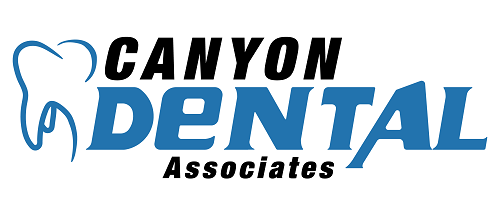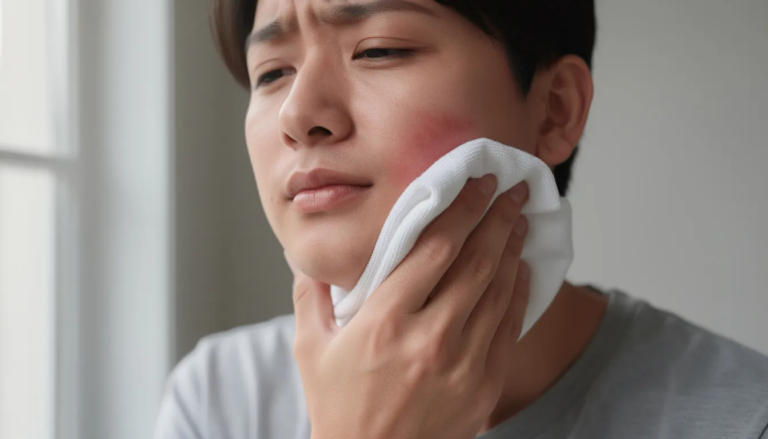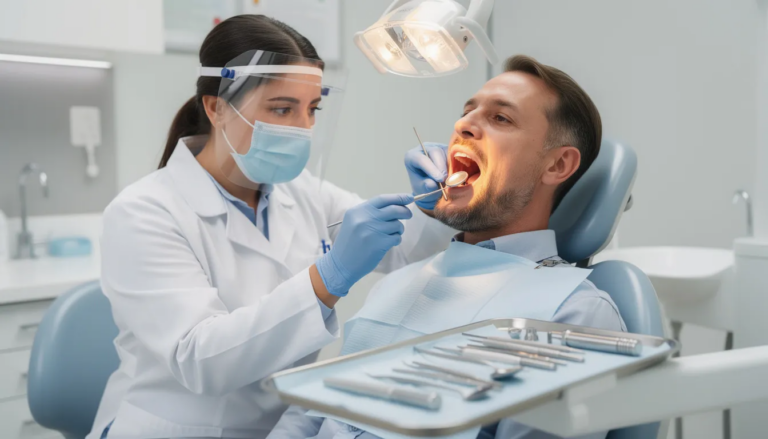In the realm of oral health, dental emergencies can arise unexpectedly, necessitating immediate and effective first aid measures. This guide illuminates the pivotal steps one must undertake in various dental crisis scenarios, emphasizing the role of first aid as a bridge to professional treatment.
Toothache Troubles
A toothache, often a sentinel of underlying dental issues, demands immediate attention. Commence by gently rinsing the oral cavity with warm water and cautiously removing any trapped food using dental floss. Application of a cold compress externally can assuage swelling. Professional consultation becomes imperative if pain persists.
Chipped or Broken Teeth
For chipped teeth, rinse the mouth and any broken fragments with warm water. If bleeding occurs, apply a piece of gauze until bleeding subsides. For more severe breaks, a cold compress helps manage swelling, and urgent dental attention is crucial.
Avulsed Tooth: Immediate Response
An avulsed (knocked-out) tooth presents a dire dental emergency. Hold the tooth by the crown (not the root), gently rinse without scrubbing, and endeavor to reinsert it into the socket. If unsuccessful, preserve the tooth in milk and seek immediate dental intervention.
Lost Fillings or Crowns
A dislodged filling or crown can be temporarily addressed by affixing sugar-free gum or dental cement into the cavity. This interim solution should be followed promptly by a visit to the dentist to restore the filling or crown.
Dealing with Abscesses
An abscess, marked by severe discomfort and swelling, signifies an infection requiring urgent care. Rinse with mild saltwater to alleviate pain and swelling, but do not delay seeking dental treatment, as abscesses can escalate into more serious health issues.
Gum Injuries and Bleeding
For gum injuries, rinse the mouth with a mild saltwater solution. If bleeding persists, gently press a clean gauze against the area. Persistent bleeding or pain necessitates immediate dental attention.
Jaw Trauma
In the event of a jaw injury, apply a cold compress to manage swelling and pain. If the injury is severe, characterized by difficulty in moving the jaw or misalignment, seek immediate medical assistance.
Orthodontic Emergencies
Orthodontic emergencies, such as broken braces or wires, require prompt attention to prevent further oral damage. Cover sharp ends with orthodontic wax and avoid cutting wires. Consult your orthodontist as soon as possible.
Preventive Measures and Preparedness
Preparation is key in dental emergencies. Assemble a dental first aid kit containing items like gauze, saltwater, a small container with a lid (for avulsed teeth), and over-the-counter pain relievers. Regular dental check-ups and maintaining oral hygiene are paramount in preventing dental emergencies.
First aid plays a pivotal role in managing dental emergencies until professional care is accessible. This guide underscores the importance of immediate, appropriate actions and the necessity of timely dental intervention to ensure oral health is not compromised.


